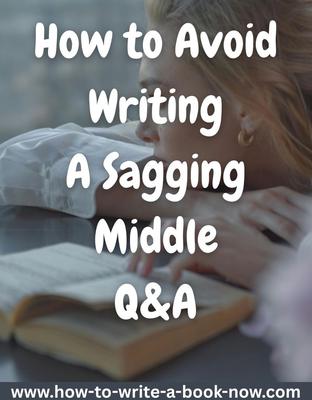making fantasy relatable
by Shane
(London)
What are your thoughts or opinions on the importance of a fantasy world/setting being connected to our own real world in some way?
I got to thinking that most of the fictional-fantasy stories that have been extremely successful are all connected to or grounded in our own "real" world: Harry Potter, the Marvel universe, the Dark Materials trilogy, the Ender`s Game series, Star Trek, the Hunger Games, Pirates of the Caribbean, Peter Pan... even Lord of the Rings was written so as to be set in a different age yet one that existed in our Earth`s past. Whether movies, TV shows, or novels, the majority of largely successful stories all have this one connection with our own world.
Of course there are stories out there that have done extremely well without any such connection, and just because you connect a fantasy story to "the real world" doesn`t mean it will be successful. If the writing is good, if the characters are good, I think any story can be relatable to readers.
However, for authors aspiring to create a fantasy\sci-fi story, how important do you think it is to have that connection with "the real world"(if at all)? Do you think it`s more difficult to pull the average reader in and get them to invest time and emotion into a story with no relation to "us" and our world?
Thank you in advance!
Answer: You're really talking about three different genres here.
Low Fantasy: stories set in a world that resembles the real world but with some fantasy elements added. This includes Paranormal, Urban Fantasy, etc. Harry Potter and Twilight fall into this category.
High Fantasy: stories set in a fantasy world that is completely separate from the real world. Sometimes a few characters can travel from the real world to the fantasy world, as in the Dark Materials and Peter Pan. In other cases, such travel never occurs (E.g. The Lord of the Rings.
Science
None of these genres is better than the others, but there are times when a genre will experience a wave of increased popularity, often because of other ideas in the public's consciousness.
For instance, in the first half of the 20th century leading up to the Apollo landings, space travel captured the public imagination and SF stories about space travel became popular.
Post WWII, society changed a lot (civil rights, women's rights, etc.) which caused some people to romanticize about "the old days," so high fantasies set in quasi-medieval times became popular.
After a time, such romantacizing began to seem too distant and unrelatable, so low fantasies had a wave of popularity. Younger people liked the idea of a fantasy that could happen in the world they knew.
Then there are fantasies that seem to be a hybrid of fantasy and SF -- set in worlds with both advanced technology and magic, or technology that resembles magic.
It's hard to predict what the next big thing will be. Publishers constantly try to anticipate the market, but fail as often as they succeed. As a writer, all you can do is write what interests you. Most likely, what interests you will interest a lot of other people, since we're all witnessing or subject to the same trends happening in the world.
If you're very lucky, you will have the right book at the right time, or in time to catch part of the next wave.
Of course, getting the high concept right only counts if your skills in other aspects of writing are up to snuff -- style, voice, characterization, and the ability to create a page-turning plot.
Comments for making fantasy relatable
|
||
|
||
|
||
- Home
- Genres
- Genre Questions
- making fantasy relatable















